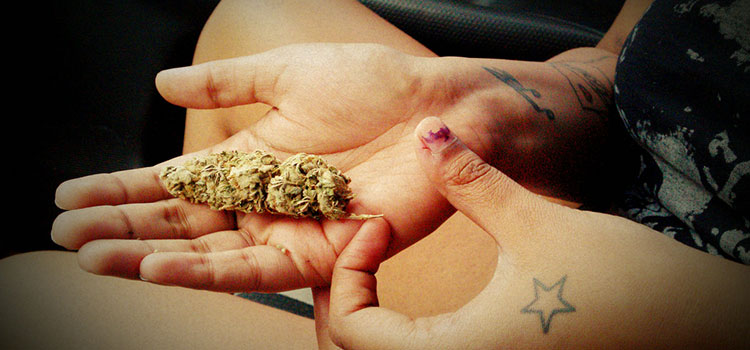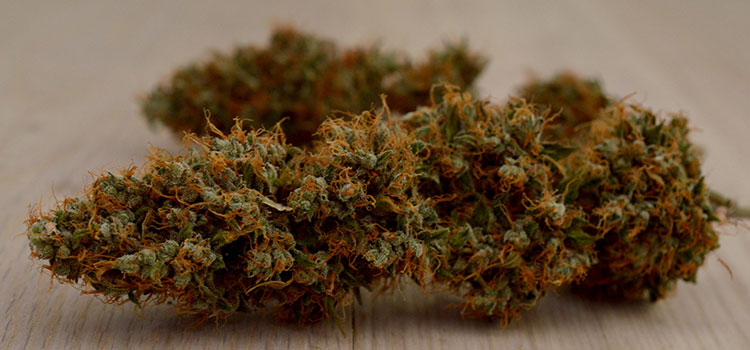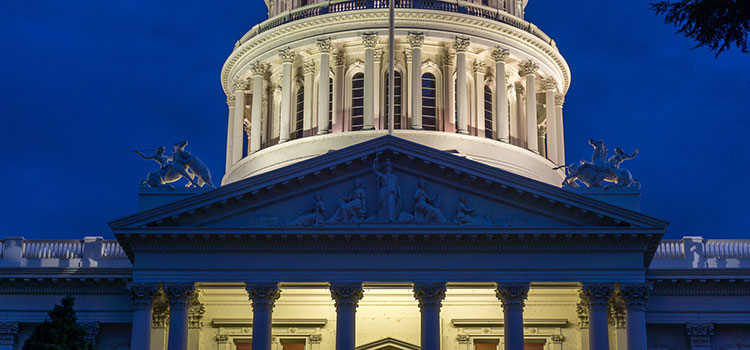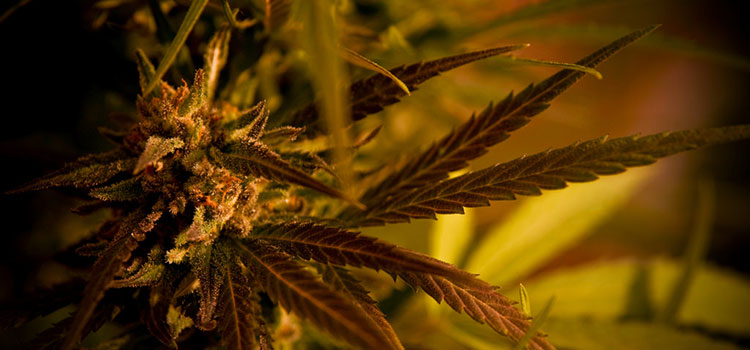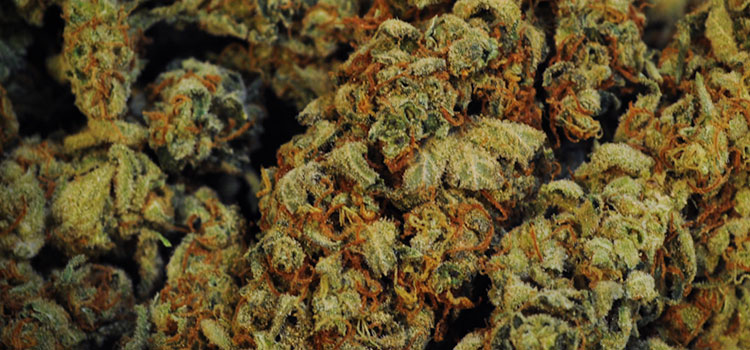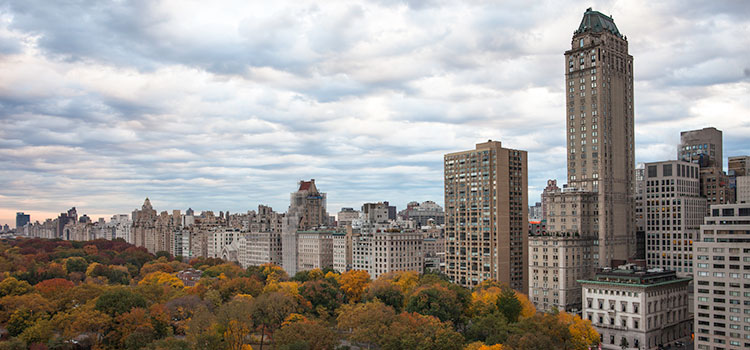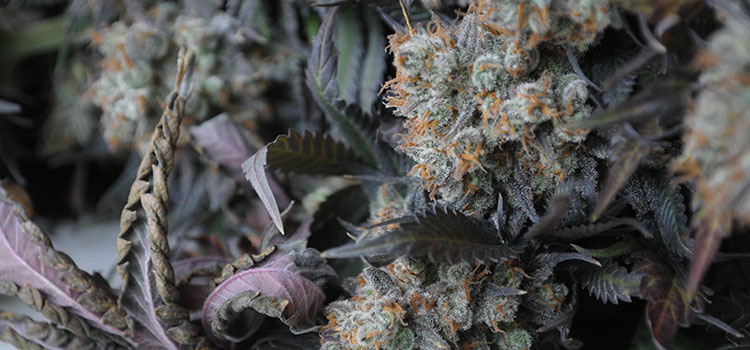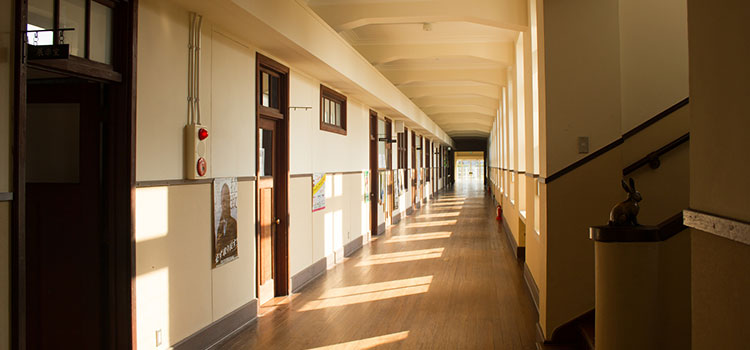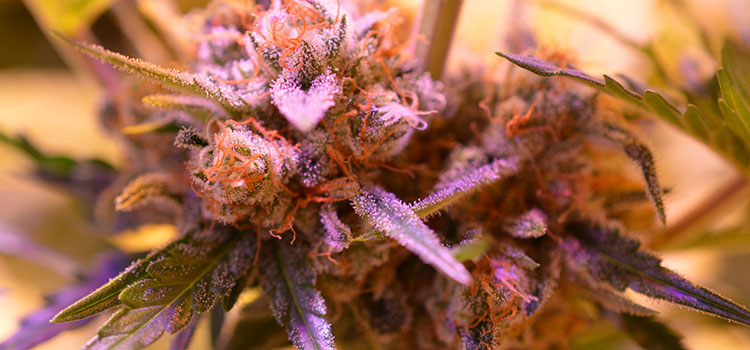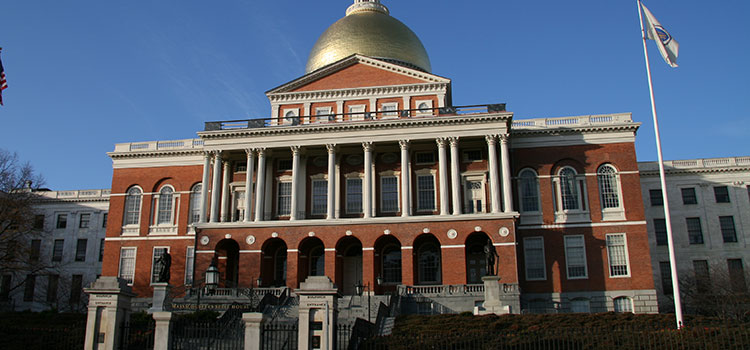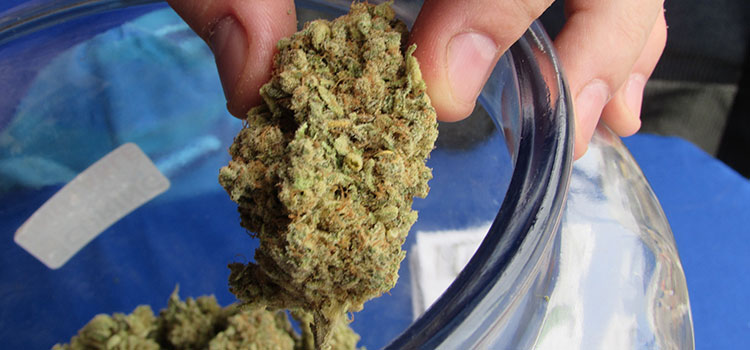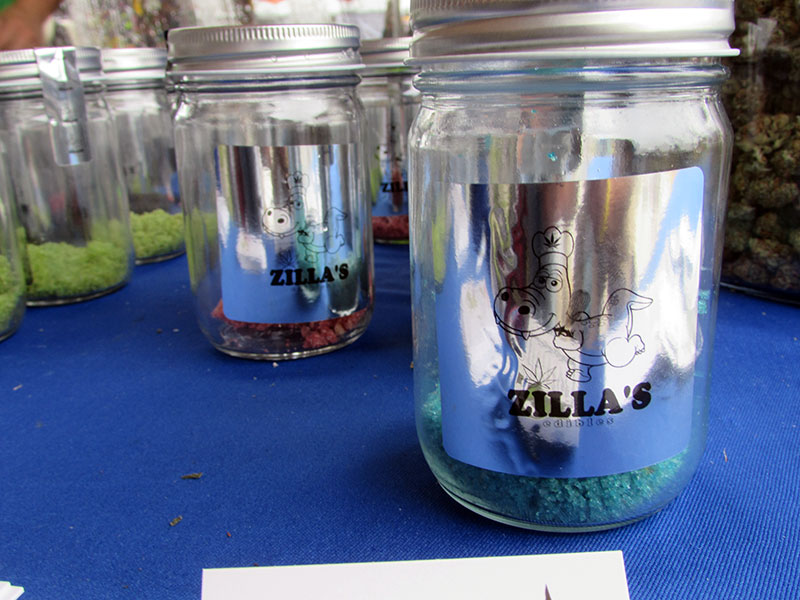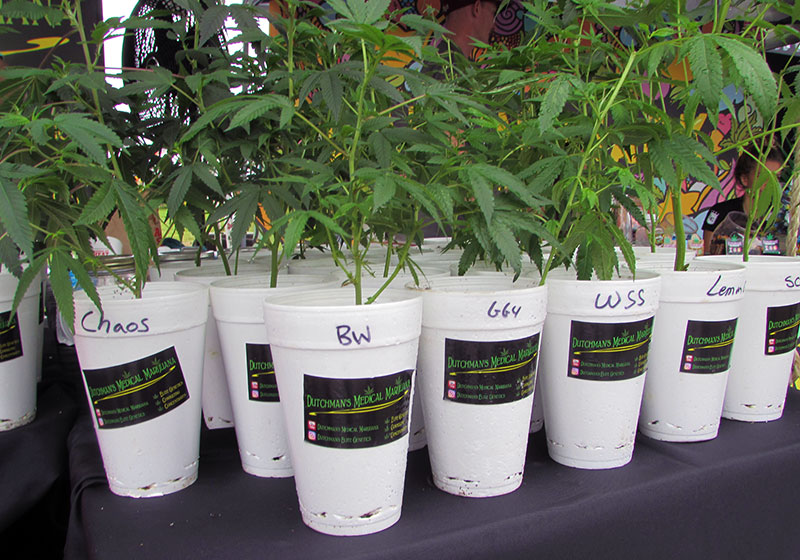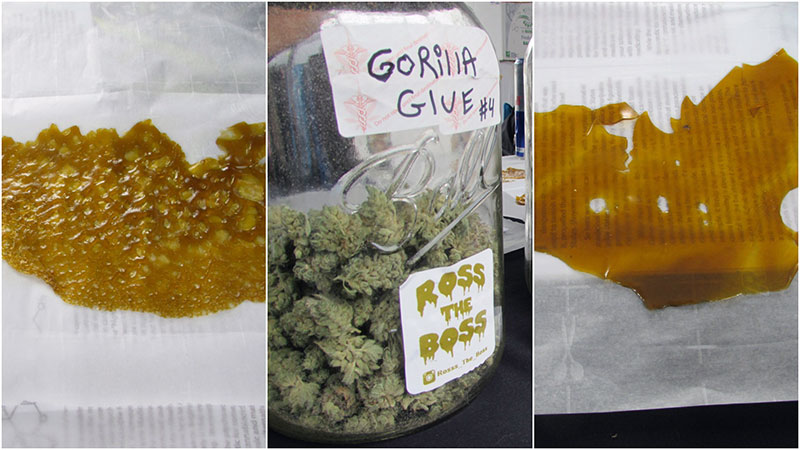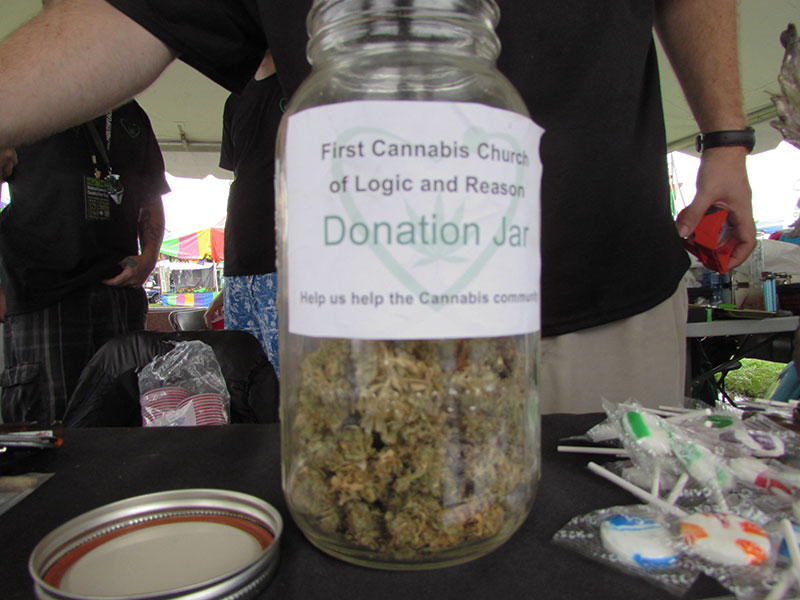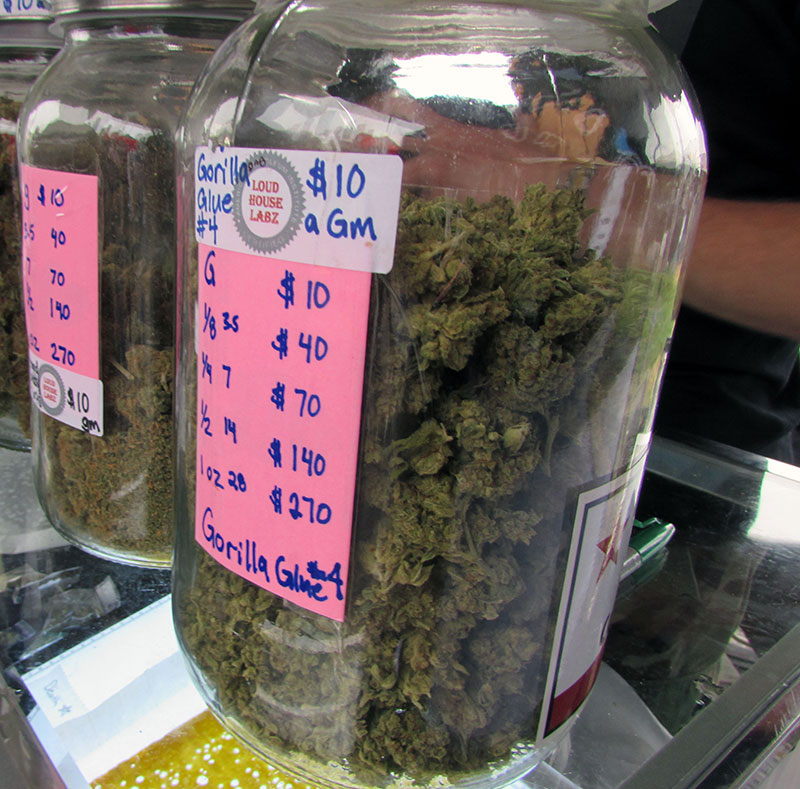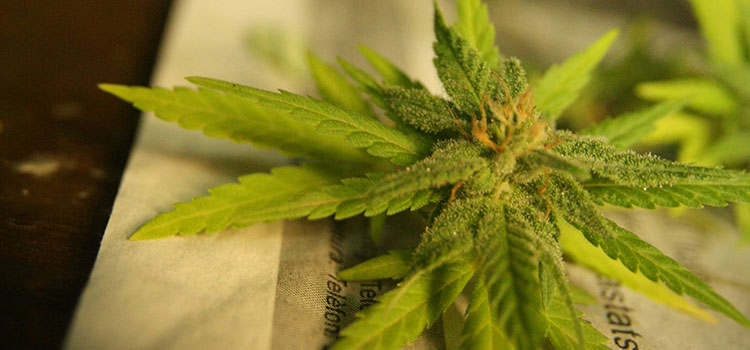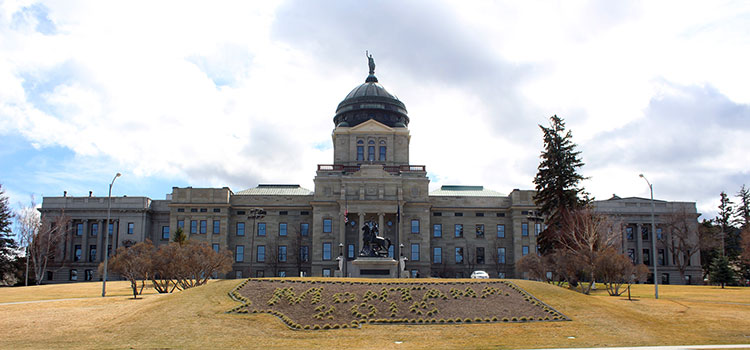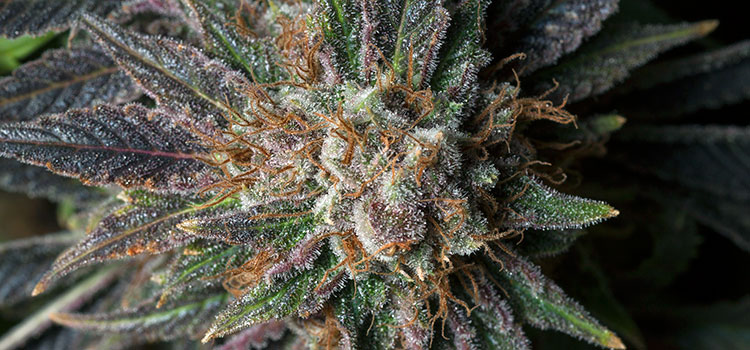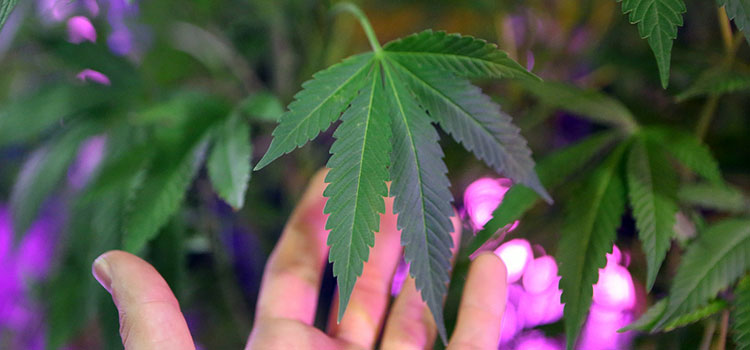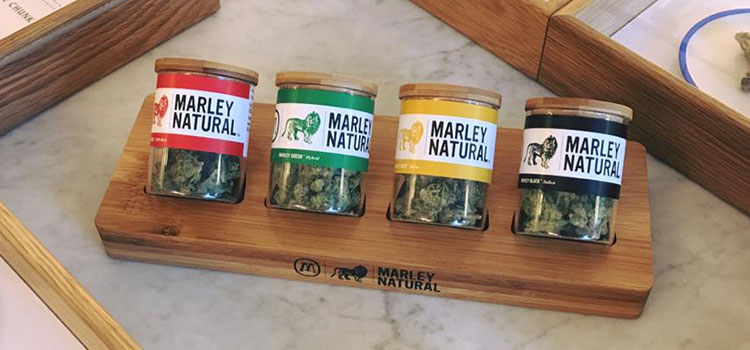Growing up primarily on the East Coast, a Cannabis Cup is one of those events that you’d read about in High Times. You, almost quite literally, would drool over the glossy images just wishing that some common sense would allow such an event to happen even 10 hours from where you park your car. As a New Yorker, it was always one of those “someday” trips that you might make with a college buddy six years after you graduate and have the disposable income.
When I moved from upstate New York to Detroit, Michigan a few months ago, I never expected Cannabis Cup would be on my to-do list. But here we are.
The sun is beating down on the Auto City Speedway in Clio — a small town just outside of Flint, where almost every diner has a racing themed name. To my surprise there are no cops staking out the property — to my surprise, this is actually happening. Walking into the event is a sort of culture shock; people are just openly consuming dabs, joints, edibles — you name it. It’s like I’ve just walked through the looking glass. This is Wonderland.
This isn’t to say this is the first time I have been to a place where cannabis is publicly consumed, it’s not like New York is the Deep South and I’ve been to my fair share of festivals and concerts — I’ve been to Amsterdam — but I’m in Michigan. Hearing “Michigan” doesn’t invoke the same feelings as California, Oregon, Washington or Colorado. I’ve never legally purchased cannabis in the U.S.
“How is this allowed?” This is the most prevailing question I have.
After a couple of laps around the track, just to take it all in, I have a seat with folks from MI NORML; half to get out of the sun, half hoping they might be able to answer that fundamental question.
“It’s all up to the local prosecutor and the police,” Brad Forrester, membership director for MI NORML, explains. “Now that we’ve been given this opportunity we need to pursue these opportunities and make the most of them.”
A quick primer on the state of cannabis in Michigan:
Medical marijuana is legal. Dispensaries are kind of legal depending on where you are. Getting access to the system isn’t impossible — not like in New York, where you have to be almost dying to even apply. Forrester said that Flint, Detroit, Lansing, and Ann Arbor generally leave dispensaries alone but anytime leadership changes in those cities, dispensary owners might have to worry about being arrested. It’s a “gray market.”
“It makes it harder to roll [cannabis legislation] back the farther we roll it out,” Forrester says. “I think we have reached the point of no return…You can’t stuff this genie back in the bottle. It ain’t going.”
Judging by the sheer number of vendors and products offered, a rollback of the program, or trying to stuff the genie back in the bottle, would disenfranchise hundreds, if not thousands, of people and businesses.
However, despite the genie being out of the bottle and the fact that this Cannabis Cup is happening, state lawmakers do not seem interested in expanding the program to a recreational system. A ballot initiative by MI Legalize garnered enough signatures to be put to voters but the State Board of Canvassers invalidated 137,000 of those signatures on the grounds they were collected outside of the 180-day window, and a state Supreme Court upheld that decision. Forrester said the failure can be partly attributed to “dirty tricks” by the governor’s office (codifying the 180-day window as law just minutes after the board voted against the group’s signatures) but also due to an overall lack of funding.
But for the MI NORML folks sitting at the booth, all of whom are old enough to be my parents, the Cannabis Cups held in Michigan are a sort of payoff for years of tireless advocacy.
Yet, due to the gray market nature of the state’s cannabis industry, many vendors still choose to remain nameless. They decline photos of themselves and their products — some even decline to provide their real names.
“Bill Pharma” came to Clio from Montreal, Quebec, Canada for the event with Best Value Vacs; a company offering extraction machines and supplies. While he is not an employee, he does use their products, which is why the company invited him to make the trek. This is his first Cannabis Cup.
“This is wild as fuck! People smoking weed everywhere. People doing dabs everywhere,” he said, as a guy in a blue Best Value shirt administered a dab to a passerby. “There is nothing like this in Canada.”
I asked the owner of the company — who declined to have his name used — about the market for his machines. He smiled and said, “business is good.” This became a theme. Nobody wanted to talk about how much their company is worth, or how many units they sell — in a gray market, it’s not exactly something people want on the record and understandably so. One wrong move and the fun is over.
Spencer, 29, owner of Battle Creek’s Medie Edies, didn’t want to get into the details of his financials, but was very open about the history of his business — which was one of the more popular booths of the day with their cannabis-infused ‘elephant ears’ (a term for fried dough, unknown to my East Coast vernacular).
The company didn’t start in the edibles business, or even in Michigan. Their roots are a bakery in Indianapolis, Indiana, but their passion was always cannabis. They started Medie Edies in 2014 and now maintain a staff of ten people. Their creations are made using variations of the family recipes employed previously in their conventional bakery.
“This is one of the few markets where it’s still wide open,” Spencer said. “When we got here it was kind of the Wild West.”
“So, you had a bakery in Indiana, and now you have a cannabakery in Michigan – which is more lucrative?” I ask. I know the answer — I’ve asked it several times today — but Spencer’s reaction might be the best yet. It’s still a non-answer much like I have gotten all day, but he simply peers at me over the tops of his black sunglasses and smiles. We both laugh because it’s totally absurd. I know it. He knows it.
“You got a cakeball that you can sell for $10, or you got a cakeball that you can sell two for $4,” he says. “And the thing is it’s always in high demand. Nobody is ever not looking for cannabis.”
But on Day 1 of the inaugural Country Fair Cup, I wasn’t really looking for cannabis. I was trying to get a sense of where the industry was headed in my new home state. I was overwhelmed as an outsider, still a bit taken aback that this was even possible, let alone even happening. My sense is this — even if a true recreational market isn’t a viable option until 2018, the existing market is alive and well. This is not to say that next week I won’t be reporting that a local drug task force has kicked in the door of a shop and arrested everyone in sight — because that sort of thing still happens in Michigan — but the fact that this event was approved must be a sign of things to come, and it’s certainly a step in the right direction for normalization efforts in the Midwest.
